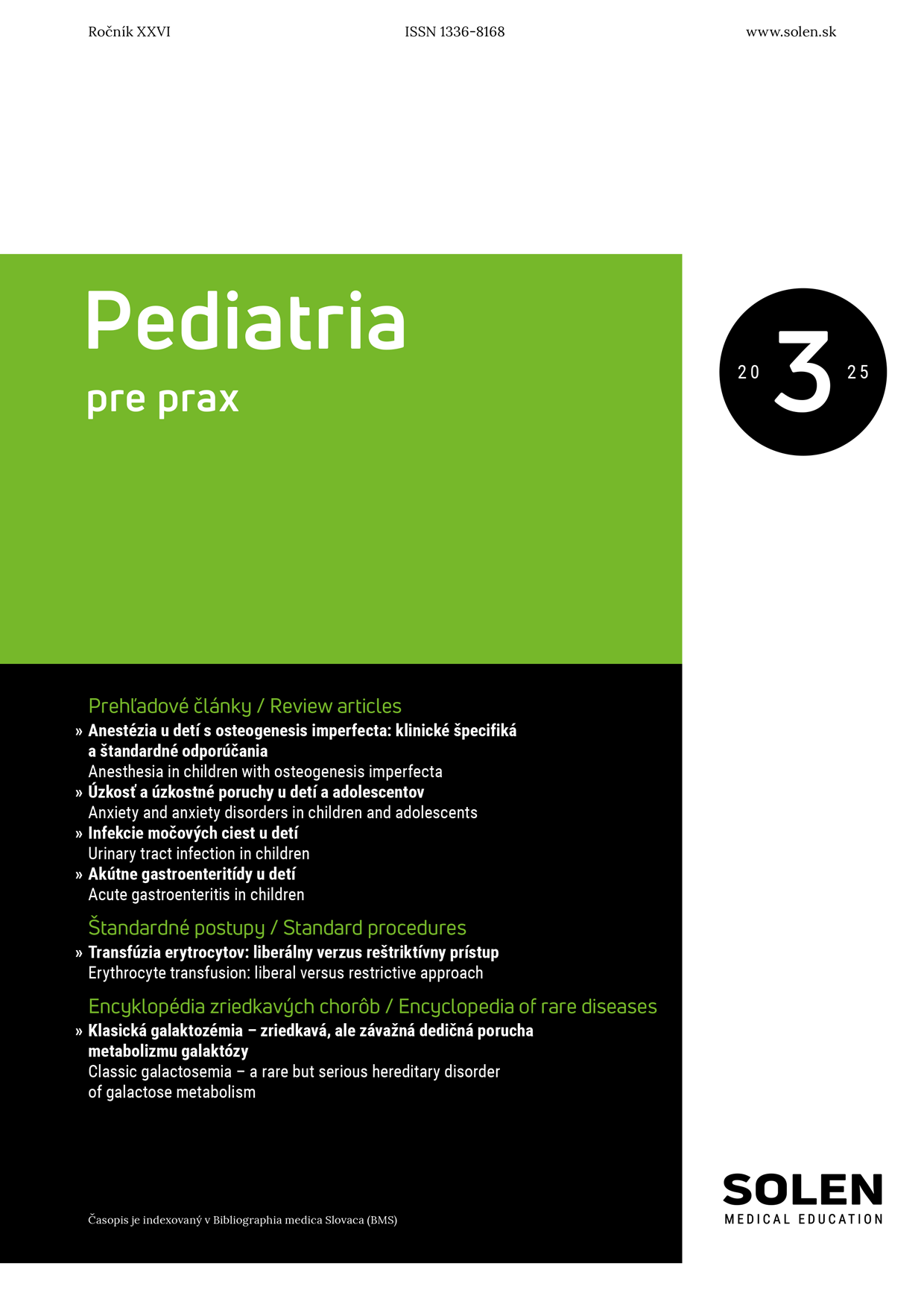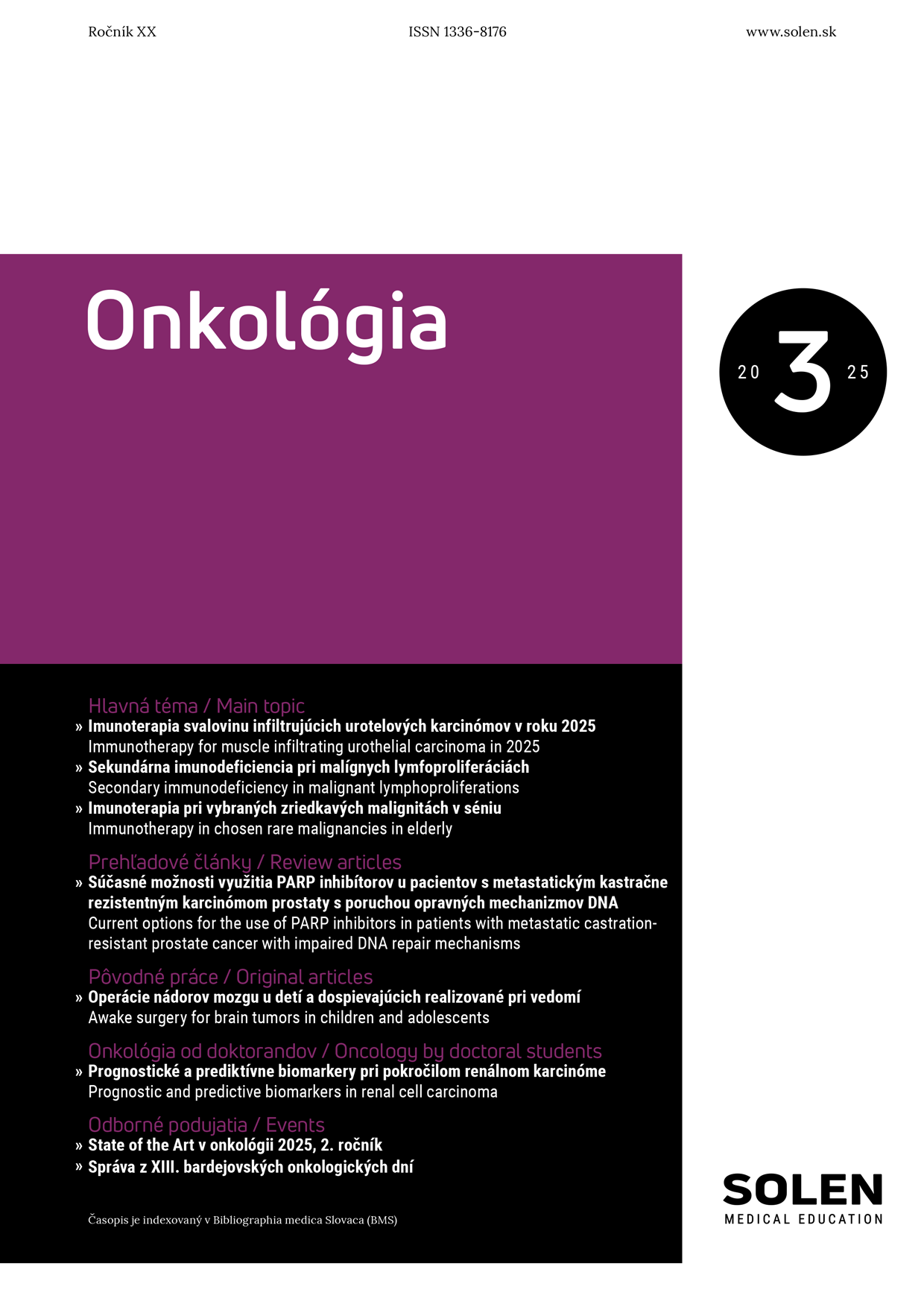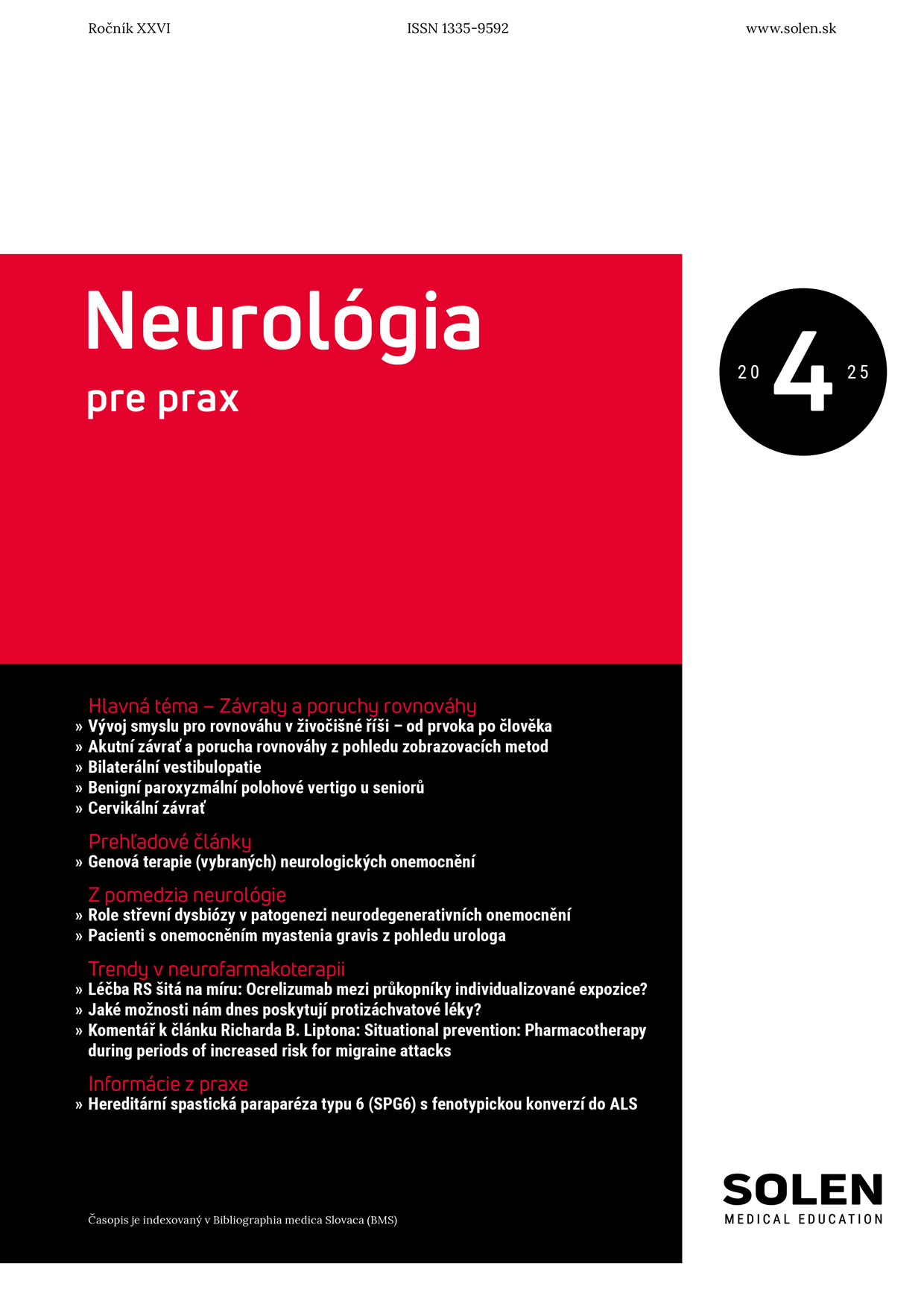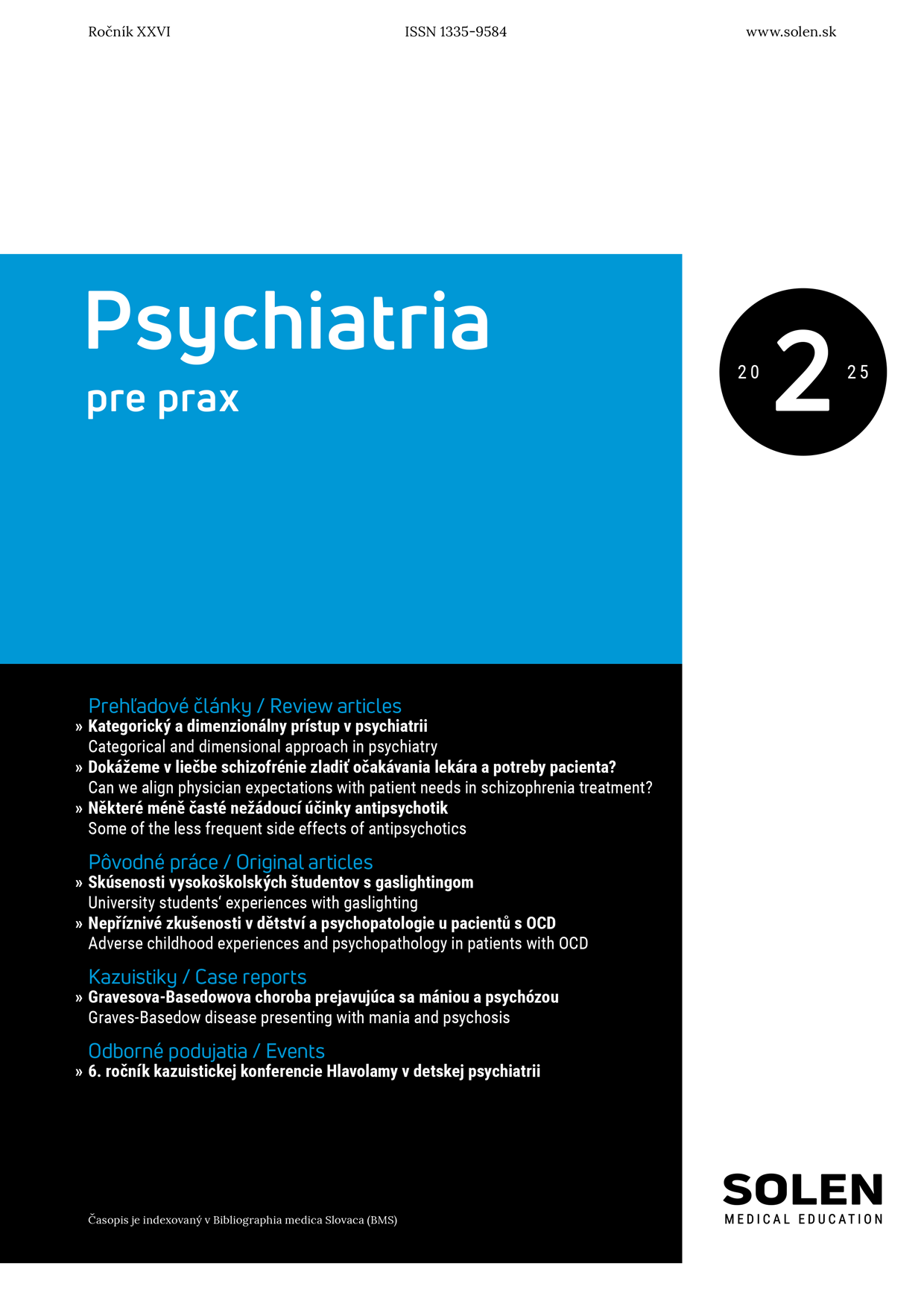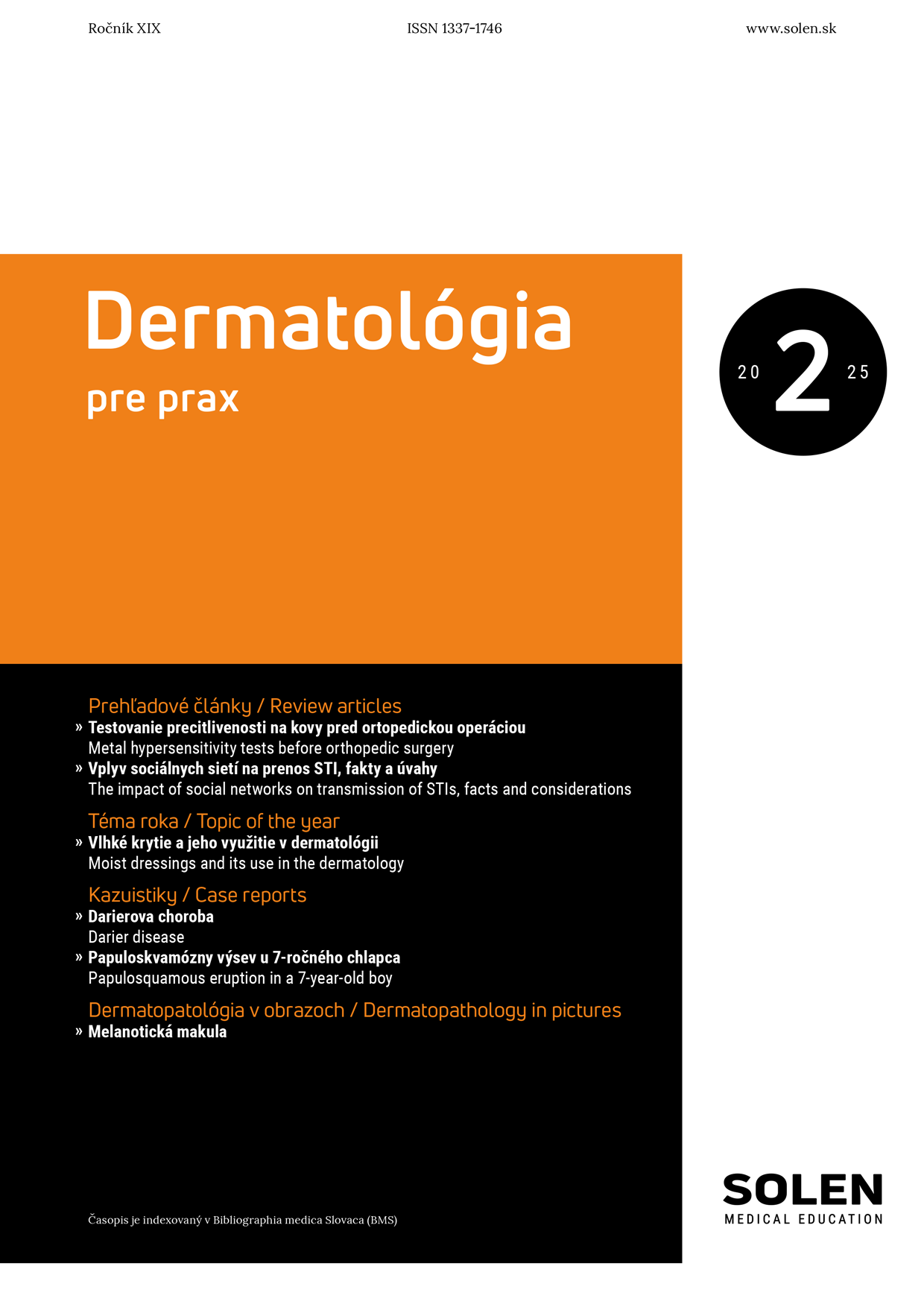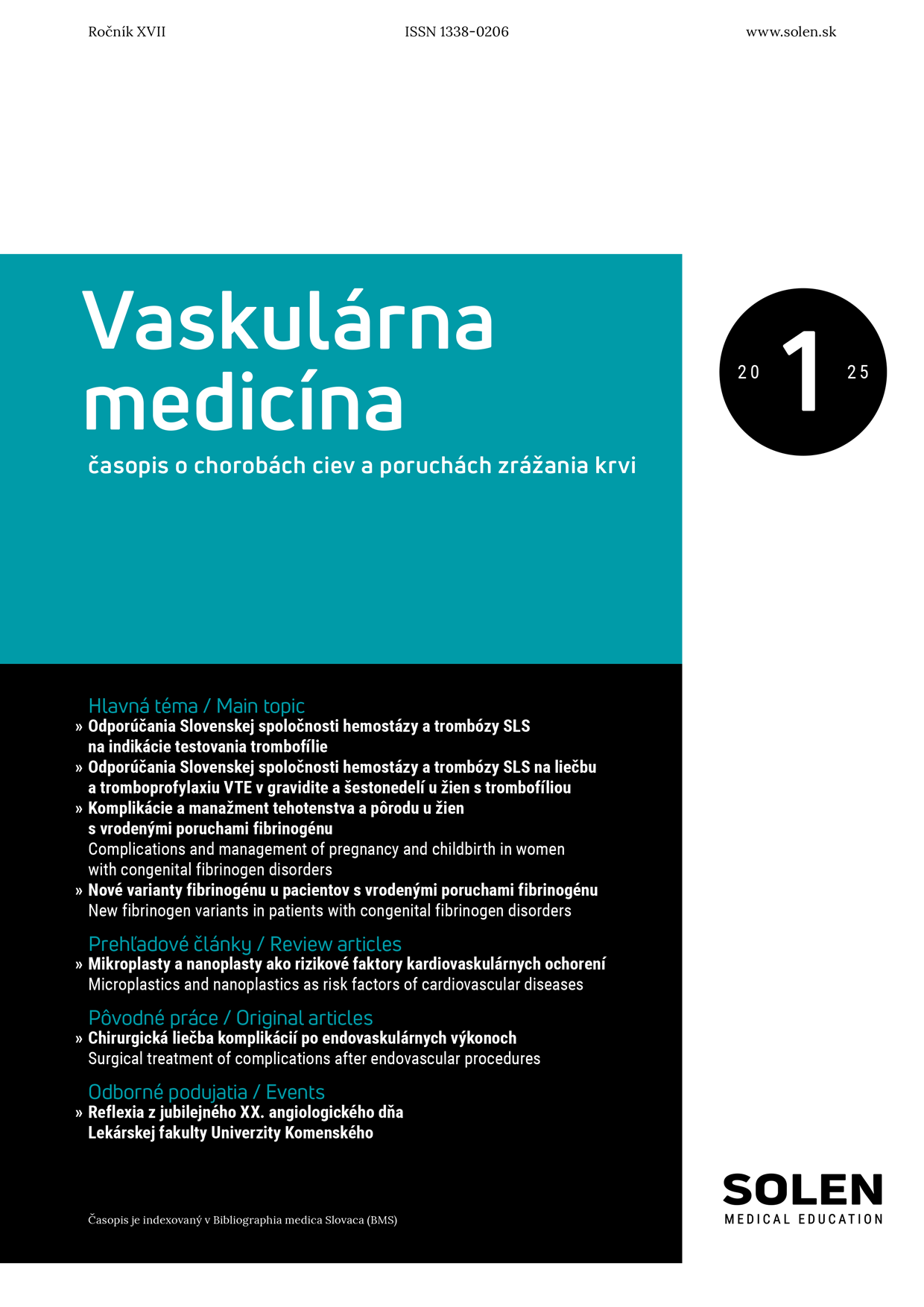Onkológia 5/2022
Neutropenic enterocolitis
Patients with neutropenia are at high risk of infectious complications, one of the less frequent but very serious is neutropenic enterocolitis. Pathogenesis of this disease is an inflammation of the intestinal wall in the cecum and surrounding parts, which is probably caused by the cytotoxic treatment, immunosuppression and bacterial superinfection in oncology patients. Diagnostic criteria are not precisely established, typical symptoms include diarrhea, fever, abdominal pain and thickening of the intestinal wall, which also seems to be a prognostic marker. From imaging examinations, CT is beneficial due to fewer false negative results and CT also helps with earlier detection of complications such as necrosis, perforation, abscess. Treatment of neutropenic enterocolitis consists of starvation, broad-spectrum antibiotics, and in case of severe complications, surgery is required. The occurrence of neutropenic enterocolitis is described in 0.8-26% of patients, and the mortality reaches still alarming number - 60-70% of patients, which underlines the necessity of early diagnosis.
Keywords: neutropenic enterocolitis, immunosuppression, neutropenia, thickening of the intestinal wall


